Founded in 1849, St. Andrew’s Society of Detroit is the oldest benevolent organization in the State of Michigan. Their mission is to provide assistance to fellow Scots and other charitable organizations as well as to encourage the love of Scotland through its history, customs, music, literature, and national games.
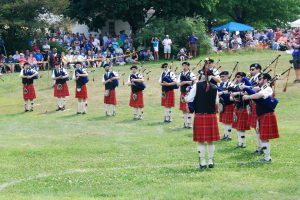
Similar societies had already been founded in Philadelphia, Boston and New York, led by the great number of Scots who emigrated to the mid-Atlantic states. Detroit, founded in 1701, was an established city with growing industrial roots, even before the automotive industry took it over in the early 1900s. The appeal of reasonably civilized prosperity began a large and strong Scottish community that continues to grow and flourish to this day.
By the end of 1860, 98 members had been initiated. The Scottish community in that day was a very strong and close-knit group, and as the concept of a Scottish Benevolent Society slowly unfolded, more men began to join, in a lot of cases decided by periods of war, industrialization and other such factors.
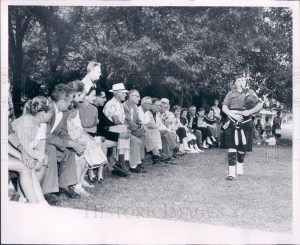
As the Society grew, its members began looking for more desirable quarters. It appears the first permanent location was the southwest corner of Woodward Avenue and State Street. Formerly the Central M.E. Church, in 1866 it was rebuilt for commercial purposes. The Society took over the third floor, which became St. Andrew’s Hall from 1867 until 1883 when the building was demolished. That site later housed the B. Siegel Company.
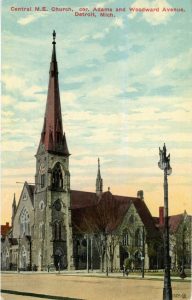
Late in 1883, the Society moved to the Masonic Hall, located on Jefferson Avenue immediately east of Shelby. In the early 1890s, the Society moved to the Merrill Block, which extended from Jefferson to Larned on the east side of Woodward Avenue, the present site of the City-County Building. In 1895 or 1896, the Society moved to 12 Woodward Avenue, an eight-story building, now demolished, that was the home of the Detroit United Railway. Throughout the 19th century, the Society initiated 618 members, all of whom resided in Detroit, save the few from Windsor.
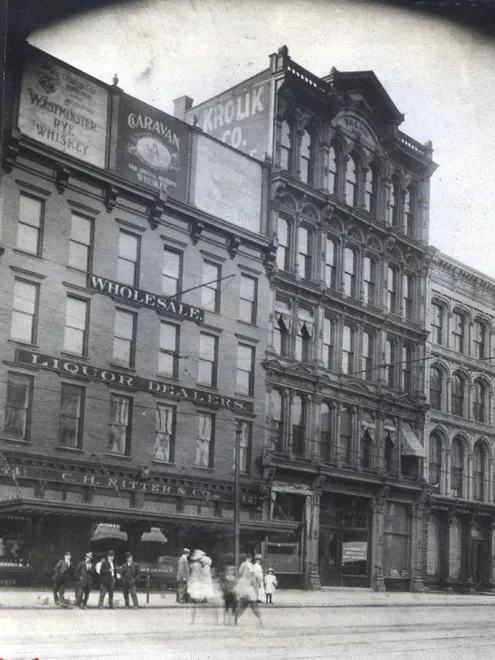
On August 3, 1907, the cornerstone was laid for the building known as St. Andrew’s Hall, located at 431 East Congress Street. The first meeting was held in the new hall on January 18, 1908, at which time 1,411 men had been initiated into the Society. The cost of the land and construction of the building was under $50,000, but the resulting new home was a thing of beauty. A large brownstone-type building, the main floor held a huge ballroom and stage and smaller meeting rooms.
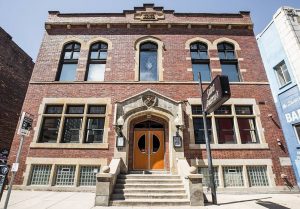
Clearly, the membership of the Society wanted a sturdy building, in a good area of downtown, that would serve all their meeting purposes and last for many years. And it did just that. From 1908 until the building was sold in 1994, it was the home of the Society, rented out to various ethnic, labor and political organizations for their meetings and used for the Society’s regular meetings as well as all its major social events.
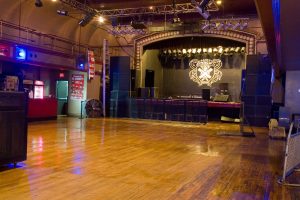
The first Highland Games were held in 1850, marking the 150th Annual Highland Games in August 1999. The St. Andrew’s Society of Detroit Annual Highland Games are the oldest, continually presented Highland Games in the western hemisphere. The earliest detailed Games records are for the Games held on August 17, 1905, chaired by Henry S. Gordon and held at Bois Blanc Park (Bob-Lo Island). The Games financial report for that year showed revenue of $1,073.57 and expenses of $626.51 for a net profit of $449.06. The largest expense was for boat rental of $436.05. Printing cost $98.76, with other expenses being quite incidental, including $31 paid to the pipe band.
As the Society entered the 1980s, two things happened. First, members started to more enthusiastically pursue their own genealogical histories, a movement that has only grown stronger at the turn of the century. This provides future genealogical researchers with a wealth of information that was not previously publicized.
Second, after a change in the Society’s Constitution & Bylaws, a major step was taken on June 3, 1985, when the Society initiated its first woman—Florence Margaret Michie Stahl (number 2938) of Grosse Pointe Farms. In September 1996, Florence Stahl became the first female president of the St. Andrew’s Society of Detroit. In September 1999, Jo Pattinson was installed as president, the second woman to hold that position. Through May 4, 1998, 218 women were initiated, and since that time several more have joined the Society. 20 Current active membership of the Society at the turn of the 21st century is about 36% female.

In 2010, the St. Andrew’s Society of Detroit moved into their new home, the Kilgour Scottish Centre. Located in Troy, Michigan. The Centre is now used for Society meetings, our Robert Burns Dinner, Tartan Day Ceilidh, St. Andrew’s Day Tartan Ball, and our Lenten Friday Fish Fries. The Kilgour Scottish Centre is also available for rentals to the public for Weddings, Luncheons, and all your other Special Events.
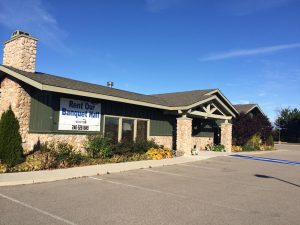
The Annual Highland Games is a celebration of Scottish culture and heritage. As a part of this celebration the following events and activities take place:
– Continuous entertainment featuring national and regional artists
– Pipe Band Competition
– Heavy Athletic Competition
– Highland Dance Competition
– The “Parade of Clans” featuring Clans from across the USA
– Our Wee Bairns Area
– A diverse marketplace of Celtic crafts, merchandise, and collectibles
– Scottish and other food vendors
Join Flint Scottish Pipe Band, the oldest Pipe Band in the state of Michigan as we compete once again at the oldest Highland Games in America!
Works Cited
“Central United Methodist Church | Detroit Historical Society.” Detroithistorical.org, detroithistorical.org/learn/encyclopedia-of-detroit/central-united-methodist-church. Accessed 3 Aug. 2023.
Wessells, Fred. History of the St. Andrew’s Society of Detroit: 1849 to 2000 the Founding.

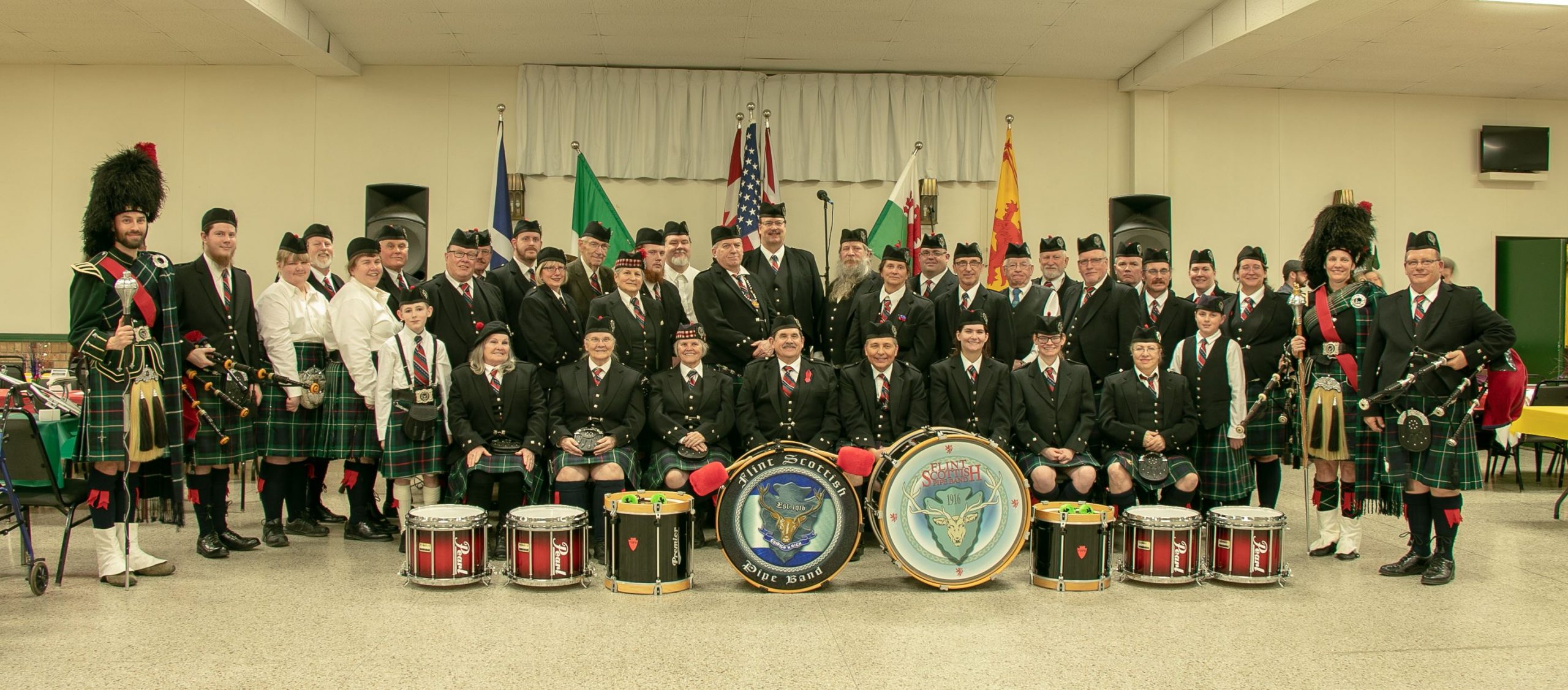
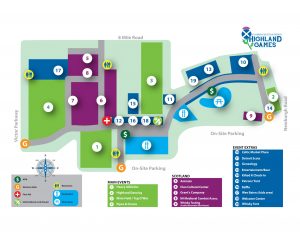
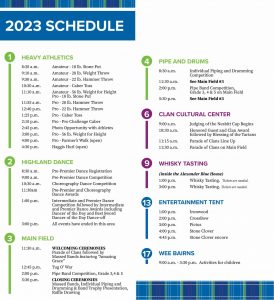
Leave a Reply